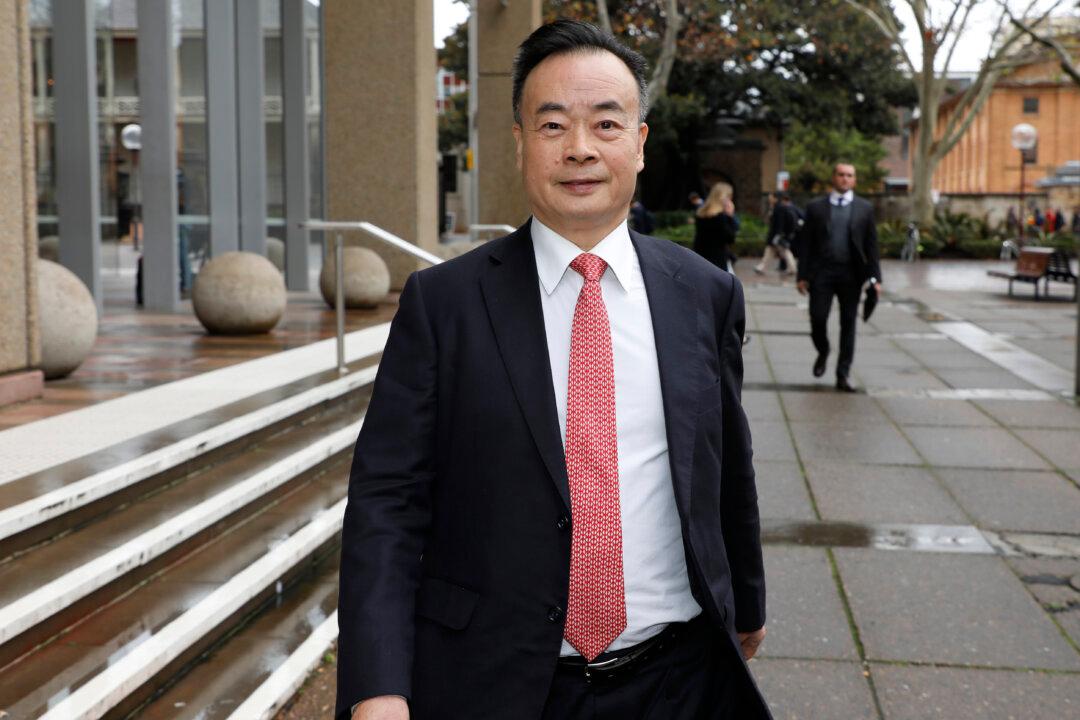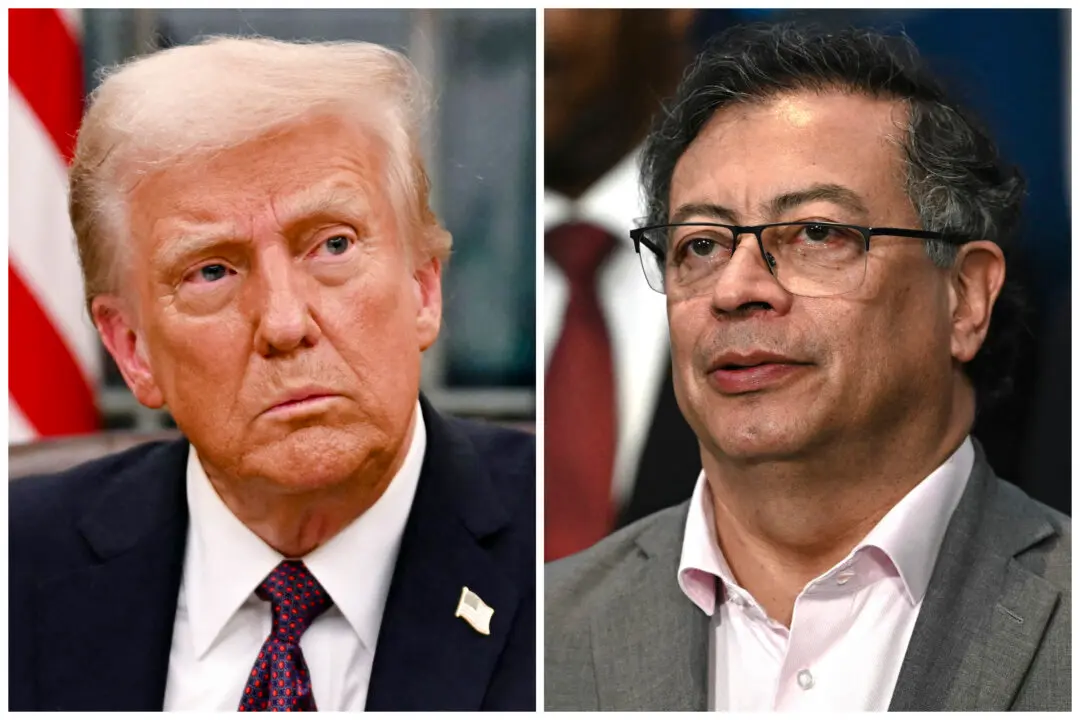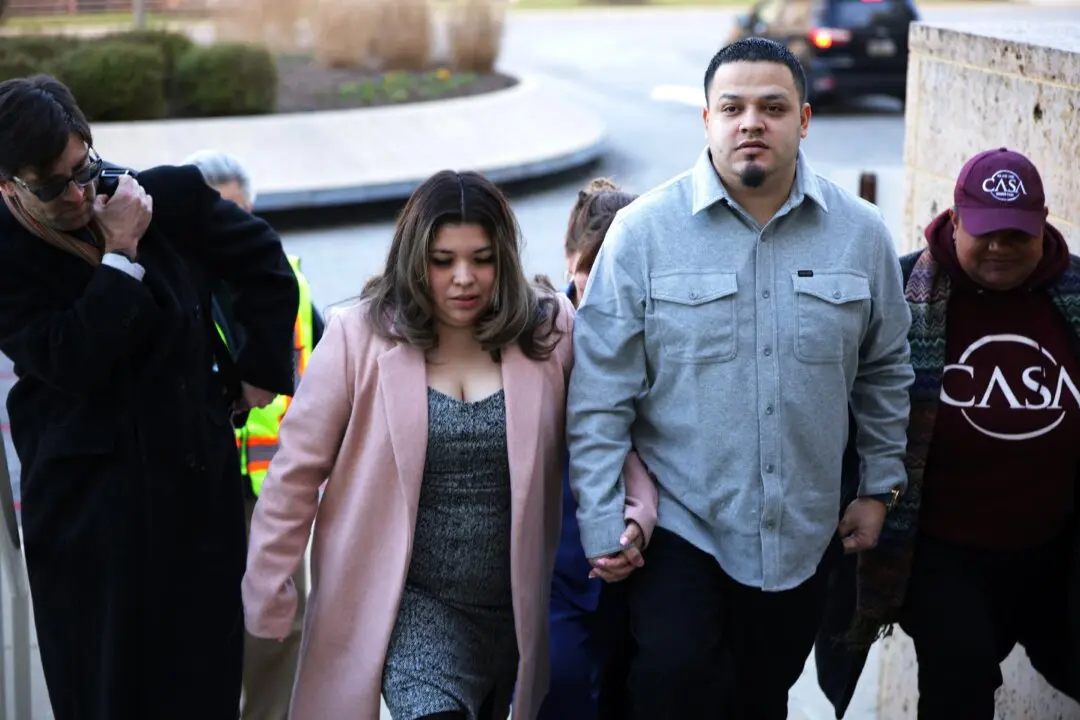A judge has ruled in favour of Chinese-Australian billionaire Dr. Chau Chak Wing in a defamation case against Fairfax Media and one of its journalists that Fairfax said it will be appealing.
The property developer, philanthropist, and major political donor sued the organisation and John Garnaut over an online story published in October 2015 that the court has found falsely insinuated that Chau was part of a plot to bribe former U.N. President John Ashe and deserved to be extradited to the United States.





